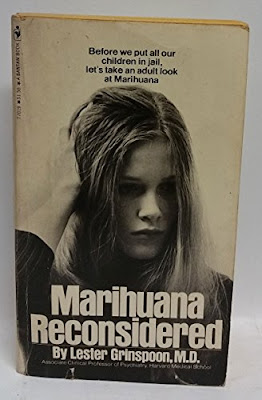 |
| Lily-Rose and Johnny Depp |
Asked about his own cannabis use during his marriage to Heard, Depp said it was "very helpful with regard to anxiety, sleep, sense of well-being, calmness," according to Metro UK. He was then asked by attorney Sasha Wass if that was why he "encouraged" his daughter Lily-Rose Depp to try weed when she was 13. Depp replied that he never encouraged his daughter to try cannabis, but told her if she wanted to try it to come to him instead of trying it elsewhere.
"My daughter was 13 years old and, as we all know, at 11, 12, 13 years old, when you go to high school parties you are approached by people who will want to give you drink because they’re drinking," Depp said on the stand. "They are doing cocaine at 12 and 13, they are smoking marijuana at 12 and 13, they are taking ecstasy at 12 and 13. You don’t want your 13-year-old going into some paranoid tailspin and I knew that the marijuana I had myself, that I smoke myself, is trustworthy, is a good quality and I was bound and determined not to have her try any drugs out there in the world because it’s too dangerous."





